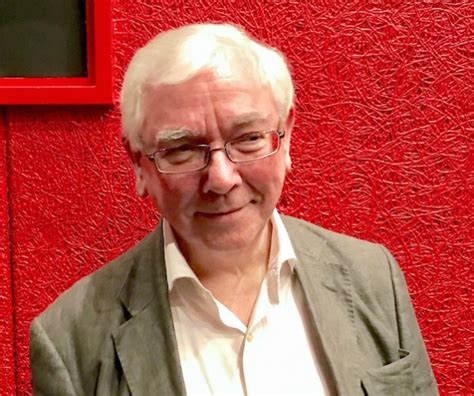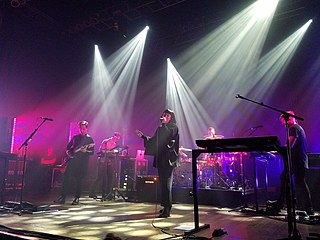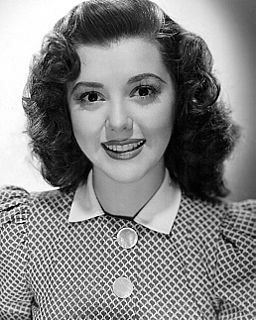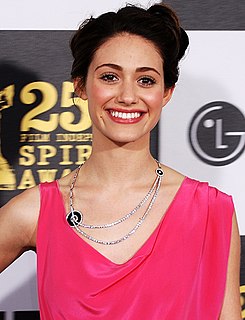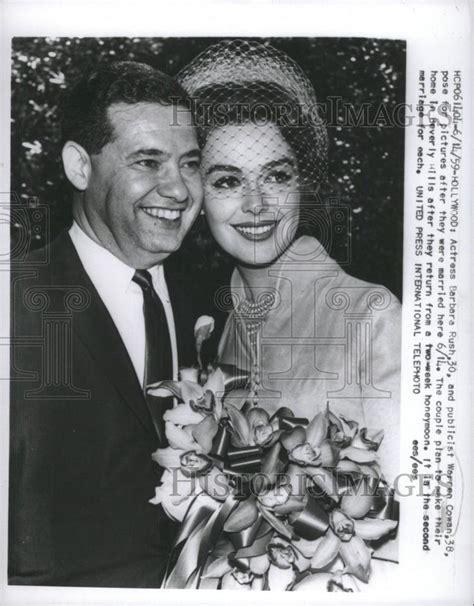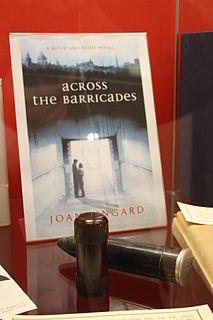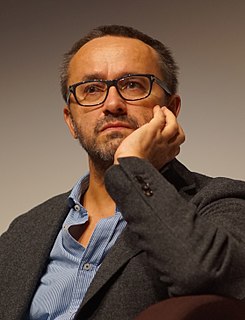A Quote by Terence Davies
I never think anyone will like what I do. I'm always terrified the critics won't like my film and of course you always count the people who leave at the screening. They are on your death list. The people who stayed, stayed because they wanted to. You see it in a different way with an audience. And when the screening Is over it's such a relief. It's such a struggle.
Related Quotes
I like the saying: "The world is as you are." And I think films are as you are. That's why, although the frames of a film are always the same - the same number, in the same sequence, with the same sounds - every screening is different. The difference is sometimes subtle but it's there. It depends on the audience. There is a circle that goes from the audience to the film and back. Each person is looking and thinking and feeling and coming up with his or her own sense of things. And it's probably different from what I fell in love with.
I started out as an actor, but I forced myself to be a writer, even though I wasn't very good at it and had never written. I don't think I ever passed an English course in my life. My first eight to 10 scripts were pretty horrendous, but I stayed at it, stayed at it, and stayed at it, until I eventually found a voice and a subject like Rocky that people were interested in.
I think certain filmmakers going into Sundance or other big festivals should consider screening more for press and tastemakers before the festival. The traditional wisdom has always been the opposite: to not screen for anyone prior, let your film be seen by an audience, and generate the buzz from there.
I think the tools were always available, for decades and decades, to make your own film and be creative. I don't think people had to wait for YouTube to do this type of small project. YouTube, I think it's great. I have this idiotic satisfaction. And I think there's a bit of that in YouTube. You share, true, but it's centralized, and it's already sort of controlled. I'm more for something that's not a centralized medium. Like doing your own film and screening it yourself. You cannot control people doing that.
Theater is such a different ballgame than film. And that's really why I stayed in film, because I really love the reality of connecting with your own feelings, and really putting that across in a realistic way. In film, the smallest muscular movements in your face, that are produced just by sheer feelings, you're not controlling them in anyway, can be seen by people in the audience because your face is sometimes, frighteningly, 40 feet wide!
We do know that a percentage of LGBT people avoid and delay screening and care because of fear about or experience of stigma, discrimination or simply lack of knowledge about LGBT people and their health amongst providers. If you avoid or delay screening and care and you have an issue that may be precancerous, by the time you get into screening and care you’re there because it has become acute and you already have a progressed disease.
When the film [Certified Copy] was in the Cannes Festival, I realized that the fact of having it shot in a different culture, in a different language, in a different setting, that wasn't mine and that I didn't belong to, gave me a totally different relationship to the film. When I was sitting in the audience during the official screening in Cannes, I didn't feel that it was my film.
The kind of sleep that I had during my own film [Certified Copy] screening in Cannes is different. It's not because of the specificity of the film. It was because of my relationship as an author to this film. Usually when I take my films to festivals, I feel incredibly anxious about them. I wonder how it will be received, how the audience will react. I feel deeply responsible for them. Whereas this time, I didn't have that responsibility on my shoulders.
